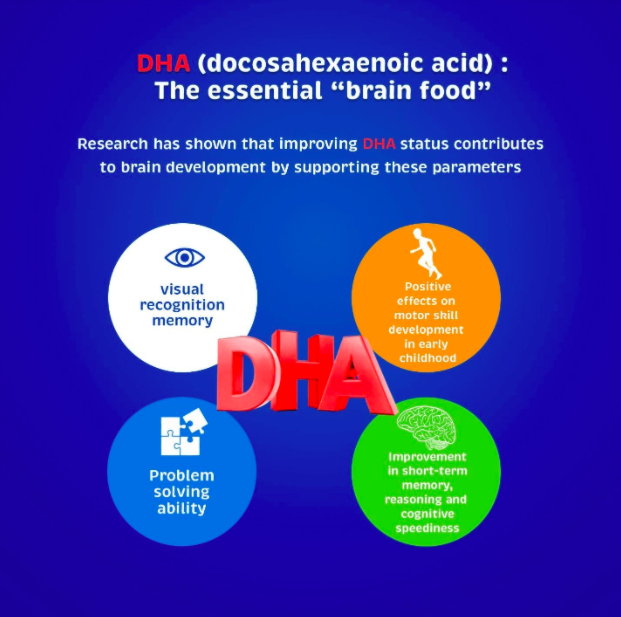“And the award goes to… Mary Okono”. A thunderous applause filled the air. Everyone rose to their feet, pupils, teachers, and parents alike, in obvious response to the famous 2002 hit song by Right Said Fred ‘Stand up’ (for the Champion). As she walked up to the podium, the lyrics of the song hit home; ‘I was built to be the best, number one and nothing less’. There she was, my little girl, number one, a true champion.
She had just won the National Under 7 Spelling Bee, at 5 years old, no mean feat. I felt fulfilled. All the days and nights of practicing and studying finally paid off. My heart melted as she received her award from the Honorable Minister of Education, a full scholarship. My eyes were glassy as I struggled to hold back the tears. As she mounted the rostrum, I was all smiles as an additional platform was provided to enable her reach the microphone.
The applause faded and she began her victory speech with the sweetest words I have heard since my last birthday. “Thank you dad for doing all you can to ensure I grow up strong and smart”. That was it! My glassy eyes gave in, the tears flowed, tears of joy, tears of a proud father, tears of satisfaction knowing that leveraging the power of nutrition, a stimulating environment and smart parenting, I am raising a champion.
It is common knowledge that two major factors are responsible for a person’s Intelligence Quotient (IQ) and behavior; Genetic and Environmental factors. While we know for a fact that genetic makeup is majorly responsible for a person’s IQ, epigenetic factors such as nutrition play a significant role in brain growth and development and consequently, cognitive behavior such as learning, attention, memory, perception and thinking.
Nutrients provide building blocks that play a critical role in cell proliferation, DNA synthesis, neurotransmitter and hormone metabolism, and are important constituents of enzyme systems in the brain (Bhatnagar and Taneja, 2001; Lozoff and Georgieff, 2006; Zeisel, 2009; De Souza et al., 2011; Zimmermann, 2011).
TIMING IS EVERYTHING
90% of brain growth and crucial aspects of its development occurs within the first 5 years. This no doubt, presents a critical window to maximize the child’s learning potential as any time lost within this period may be impossible to regain. As they say, “TIME GONE, BRAIN GONE”.
According to Knudsen 2004, a critical period is a specific period within a sensitive timeframe. A sensitive period tends to reflect a broader timeframe; during such a developmental period, the brain is more sensitive to specific interventions. However, skills and abilities can still be acquired outside this time period, albeit with less proficiency. An example is that deaf children who receive cochlear implants within a sensitive period for brain development (i.e., before the age of 3–5 years) show better language development than those who receive a cochlear implant after this period (Penhune, 2011).
Evidence suggests that the timing of nutritional deficiencies can significantly affect brain development. Brain development is faster in the early years of life compared to the rest of the body (Benton, 2010a) which may make it more vulnerable to dietary deficiencies.
DHA the essential brain food
Several nutrients in the diet are known to positively impact cognition and influence learning. Among all these nutrients however, DHA (Docosahexaenoic acid) in particular is recognized as essential for normal brain function. DHA is a major building block of the brain. It is the most abundant omega-3 poly-unsaturated fatty acid present in the brain and is found in oily fish such as salmons, sardines and tuna.
According to Bryan J. et al 2004 and Kuratko et al 2013, improving DHA status contributes to brain development by supporting these parameters: visual recognition, positive effects on motor skill development in early childhood, problem solving ability, improvement in short-term memory, reasoning and cognitive speediness.

Overwhelming evidence for the benefits of DHA comes from a recent review of some 50 studies by McCann JC and Ames BN . This review concluded that higher DHA in children’s diets translates into better brain function, especially for cognitive and visual function. An example of a rich, natural source of DHA is Breastmilk. Studies have shown that its high DHA content accounts for one of the main reasons why breast milk may improve the cognitive performance of children. Examples of DHA- rich foods include fish and seafood, poultry and eggs and DHA-fortified milk.
Feed their growing brains
Numerous studies have shown that nutrition plays a very important role in brain development and cognitive abilities of children. Hence, providing quality nutrition for children is a direct investment in the future of the society. Another Children’s day celebration is upon us, we owe it to humanity to produce more prodigies like Mary Okono. This we can achieve by ensuring that their diet is rich in brain-supportive nutrients like DHA.
Milk is one of nature’s most nutrient dense foods and offers a world of benefits to children. A well-balanced growing-up milk can serve as a valuable addition to the daily diet and thus as a nutritional safety net, by providing a substantial part of daily-required (essential) nutrients such as DHA.
Peak 456 Growing-up milk is specially formulated with DHA and other key nutrients to support brain development in children aged 4-6 years.
In the words of Anthony Lake, the sixth executive Director of UNICEF:
“Nutrition is one of the most cost-effective investments we can make in children….. For when we lose a child’s full potential, we lose a piece of our common future”
Feed their potential with the right nutrition!